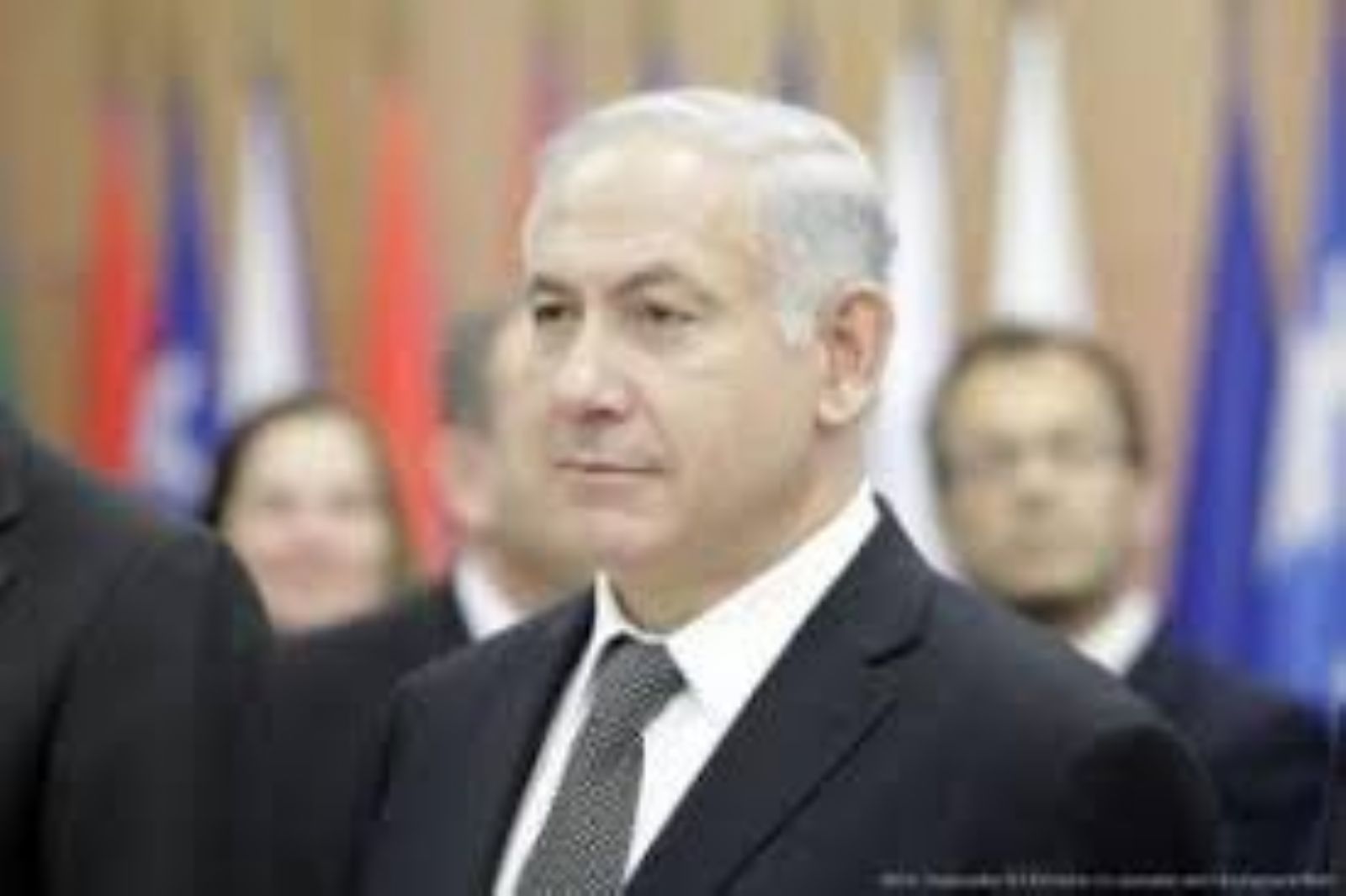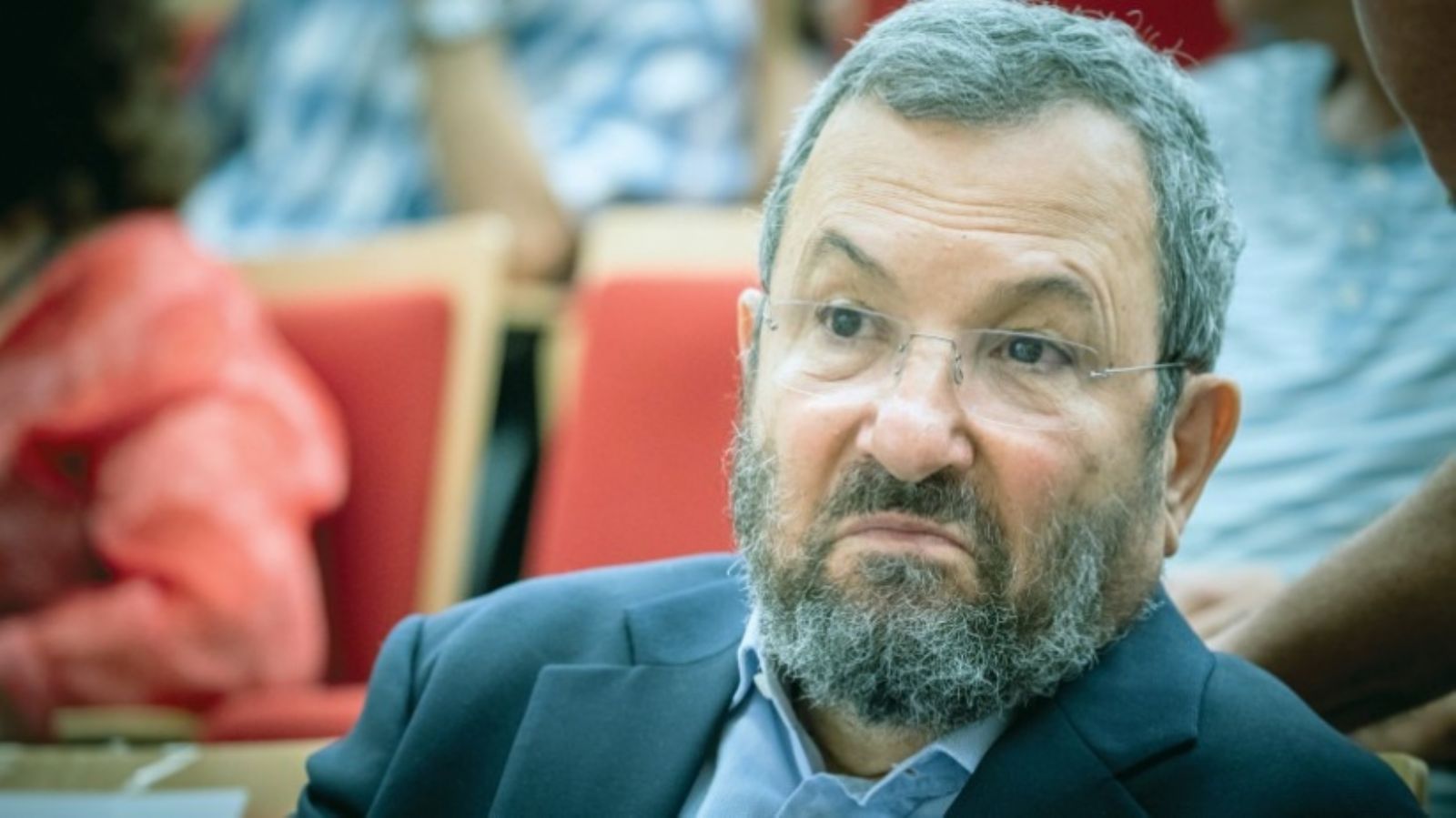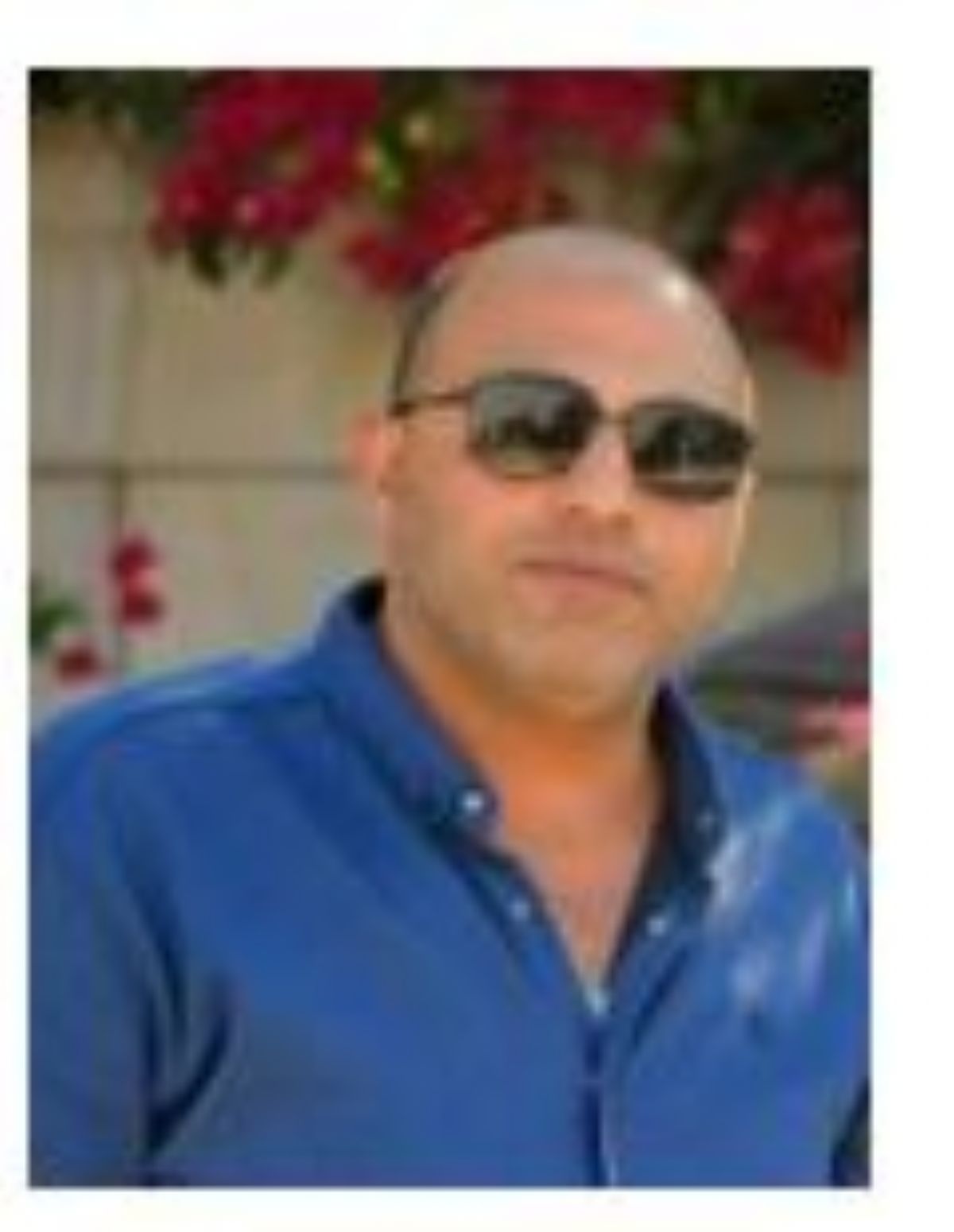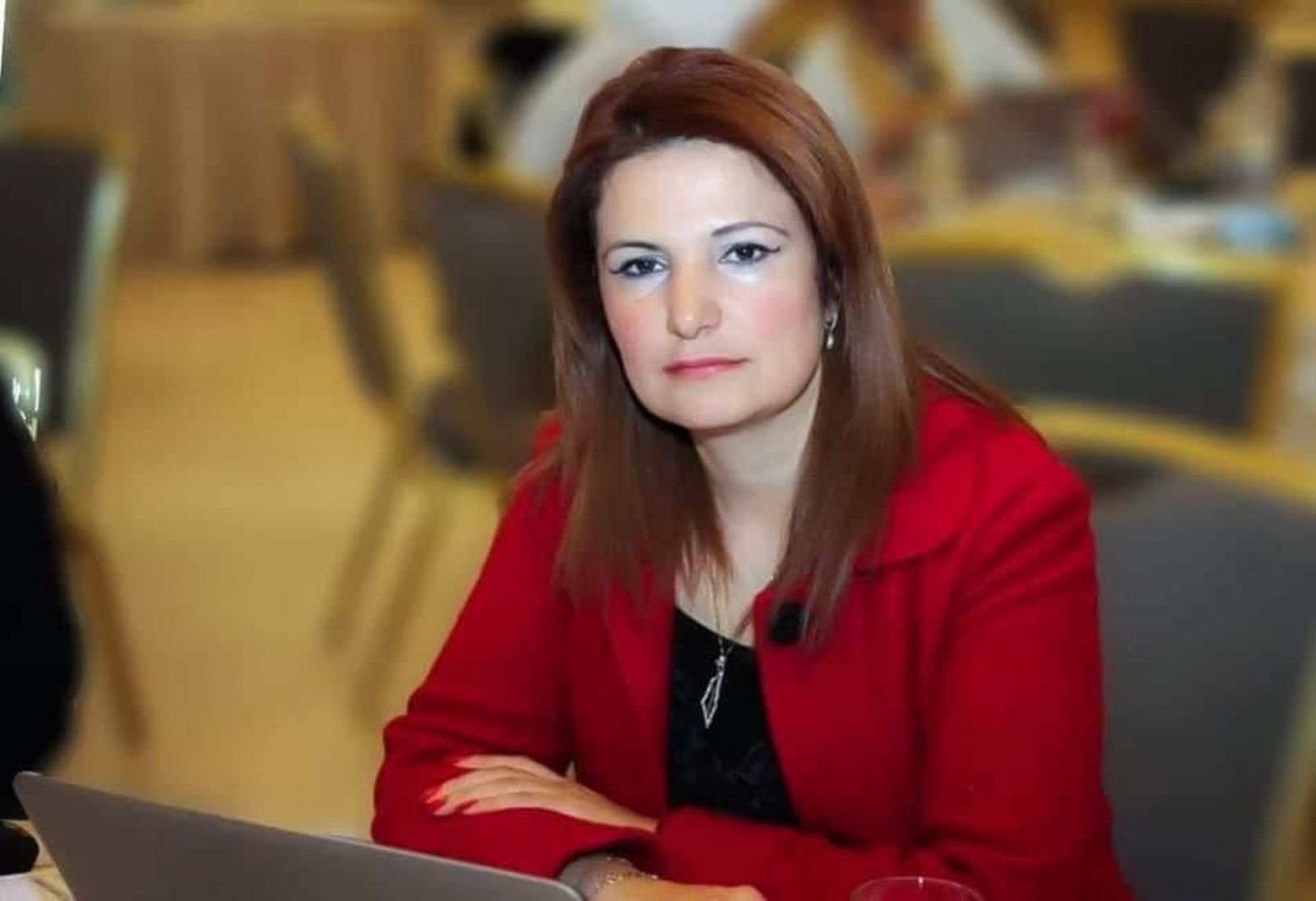
Israeli opposition parties are reportedly preparing for an election after a confidant of Prime Minister Benjamin Netanyahu agreed to turn state witness and testify against the premier, according to the Jerusalem Post.
Suspended Communications Ministry director-general Shlomo Filber signed a state’s witness deal last night as part of police investigation into Case 4000, which accuses Netanyahu of attempting to benefit telecoms company Bezeq in return for favourable coverage on Walla! News website.
Months of investigation have seen Israeli police arrest numerous senior Israeli businessmen and close associates of the prime minister, as well as questioning Netanyahu himself.
Before reports of Filber’s state’s witness deal broke, Netanyahu posted a video in his Facebook account labelling the investigations into the multi-million dollar bribery case as “outrageous”.
“They are bringing two hallucinatory, false claims as part of the witch-hunt against me and my family – that has been going on for years,” he said
The news of Filber’s deal followed a fresh case brought against the prime minister yesterday morning, after it emerged that District Court President Hila Gerstel was offered the attorney general's position by Netanyahu in return for closing the case against the prime minister’s wife Sara, who has been investigated for the misuse of public funds.
Israel’s opposition parties expect the government to call for an early election in the coming weeks, with Labor leader Avi Gabbay sending a letter to party members yesterday declaring "the Netanyahu era has ended. We must prepare for elections soon.”
However, it is not clear that Netanyahu’s ruling Likud party would be ousted in an election, with the prime minister remaining a popular figure, despite 48 per cent of the population believing that he is “somewhat corrupt” or “very corrupt”, according to a poll conducted by the Jerusalem Post last week.
The police have already recommended Netanyahu to be indicted in regards to two others cases: Case 1000 detailing other allegations of bribery with prominent businessmen and Case 2000, in which he faces allegations of negotiating a deal for more favourable media coverage with Arnon Mozes, publisher of popular Hebrew-language newspaper Yedioth Ahronoth.
In response to the allegations, Netanyahu attempted to pass a bill that would protect him from indictments made by police against him, but was forced to backtrack on the proposal after a public outcry.
Source: Quds Press International News Agency
Translated by: Middle East Monitor
In collaboration with the Palestinian Media Forum








